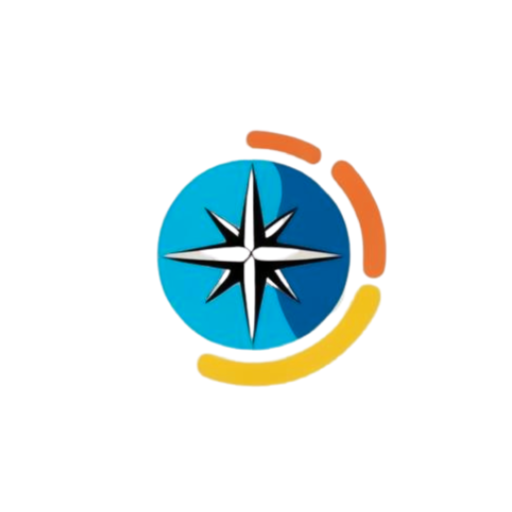Historical Timeline
1444 (July 8, Friday): Portuguese arrive on the coast of Senegal, establishing trade posts
1659 (April 1, Sunday): France establishes trading posts in Senegal
1854 (September 27, Wednesday): French colonial rule is established over Senegal
1960 (April 4, Monday): Senegal gains independence from France
1970s (November 10, Tuesday): Droughts severely affect agricultural output, particularly in the northern and eastern regions
1994 (January 1, Saturday): The West African CFA franc is devalued by 50%, leading to economic challenges
2004 (October 12, Tuesday): Severe flooding occurs in the capital city of Dakar due to heavy rains
2014 (March 19, Wednesday): Senegal reports its first confirmed cases of Ebola, although the country remains largely unaffected
2015 (October 16, Friday): A major fire in the fishing port of Dakar causes extensive damage to infrastructure
2020 (August 7, Friday): Severe flooding in Senegal, particularly in Dakar and surrounding areas, disrupts daily life and agriculture
2021 (March 25, Friday): Heavy rains cause significant flooding in urban areas, with thousands displaced
2022 (September 23, Friday): The government declares a state of emergency after an outbreak of a waterborne disease linked to contaminated water sources
General Information
Continent: Africa
Location: Western Africa, on the Atlantic coast
Capital: Dakar
Language: French (official), Wolof (widely spoken)
Currency: West African CFA franc (XOF)
Population: ~17 million (last updated: April 2025)
Time Zone: Greenwich Mean Time (GMT) / UTC +0
Topography
Borders: Mauritania to the north and east, Mali to the east and southeast, Guinea to the southeast, Guinea-Bissau to the southwest
Landscape: Mostly flat plains, with some hills in the east and south
Major Rivers: Senegal River, Gambia River
Major Mountains: Futa Jallon Highlands (in the southeastern part of the country)
Deserts: None, but semi-arid areas in the north
Lakes: Lake Retba (Pink Lake), Lake Guiers
Volcanoes: None
Highest Point: Fouta Djallon Highlands (581 m / 1,906 ft)
Lowest Point: Atlantic Ocean (0 m / 0 ft)
Climate: Tropical climate, with a dry season (November–May) and a rainy season (June–October)
Geological Features: Flat plains, sand dunes, coastal areas, and rocky outcrops
Demography
Ethnic Groups: Predominantly Wolof, followed by Fulani, Serer, and others
Religion: Predominantly Muslim (approximately 95%), with small Christian and indigenous religious communities
Urban Population: ~47% (last updated: 2023)
Aging Population: ~6% aged 65+ (last updated: 2024)
Culture
Famous For: Rich musical traditions (like mbalax), vibrant art, and dance, as well as historical sites like Goree Island
Cuisine: Fish, rice, peanuts, millet, and couscous; famous dishes include thieboudienne (rice and fish)
Arts: Traditional drumming, dancing, and storytelling; modern art and cinema also play significant roles
Sports: Football (soccer), wrestling, athletics
Economy
Economy Type: Mixed, with agriculture, mining, and services sectors
GDP: Approx. $23 billion USD (last updated: 2024)
Major Industries: Agriculture (peanuts, cotton, millet), mining (gold, phosphates), fisheries, tourism
Key Exports: Fish, gold, phosphates, petroleum products, cotton
Unemployment Rate: ~10.5% (last updated: 2024)
Economic Regions: The southern regions are more agricultural, while Dakar is the economic and commercial hub of the country
Government
Government Type: Presidential republic
Head of State: President Macky Sall (as of April 2025)
Head of Government: Prime Minister Amadou Ba (as of April 2025)
Legislature: Unicameral (National Assembly)
Constitution: In effect since 2001, amended several times
Travel Attractions
Dakar: Vibrant city with cultural landmarks, markets, and the African Renaissance Monument
Gorée Island: UNESCO World Heritage site, former slave trading center, now a museum
Niokolo-Koba National Park: UNESCO World Heritage site, a rich biosphere reserve with diverse wildlife
Pink Lake (Lake Retba): Famous for its striking pink hue due to algae
Saint-Louis: Historic city, former colonial capital, and UNESCO World Heritage site
